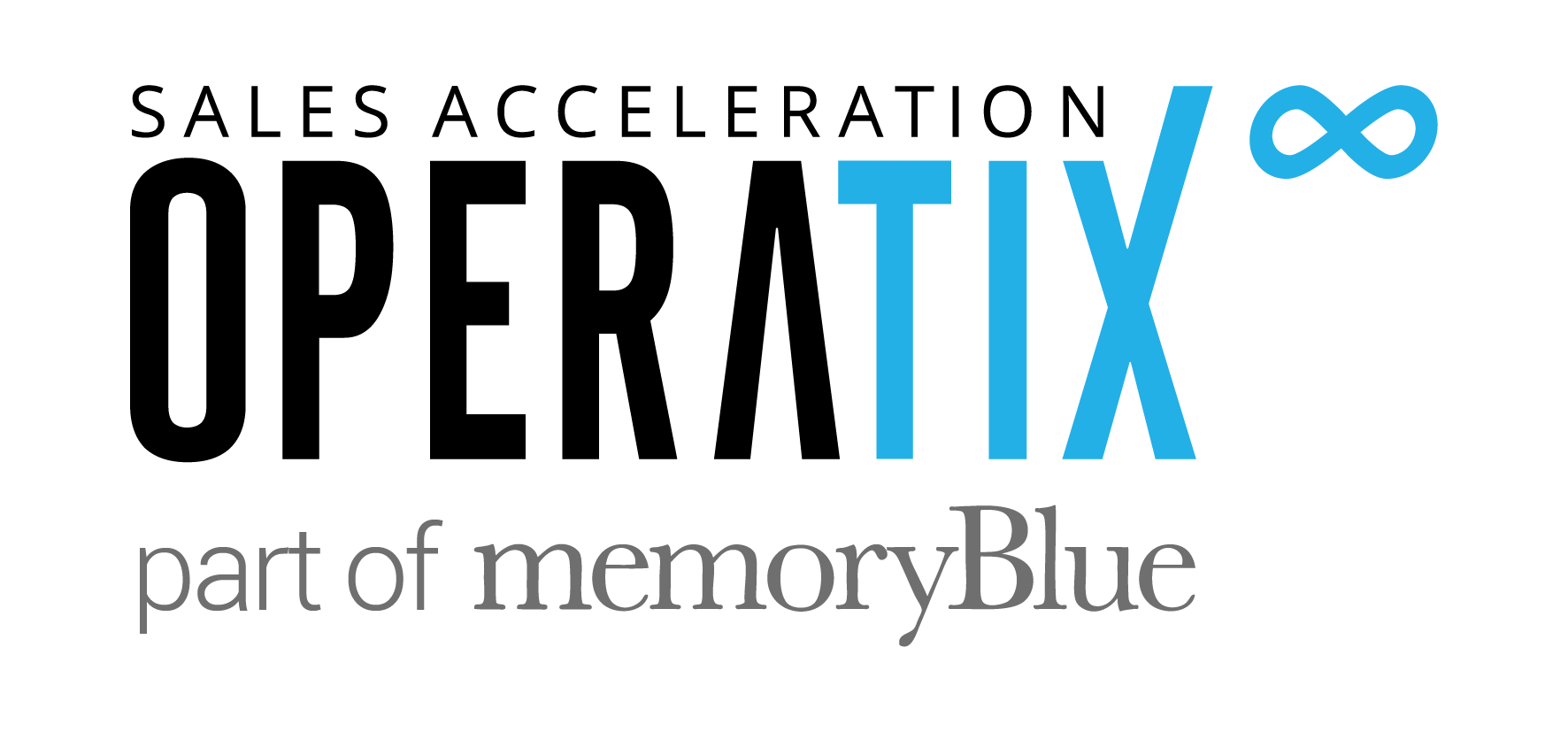SDRs talk about how hard it is to be rejected when cold calling — and it is.
But it’s also hard for the person on the other end of the phone to reject. Reps need to make the conversation about the person that they’re cold calling both to overcome call reluctance and to change cold calling’s bad reputation.
In this episode, we interview Jason Bay, Chief Prospecting Officer at Blissful Prospecting, about why people hate cold calls so much and what SDRs can do about it.
We discussed why starting a conversation is the whole point of cold calling, the success of permission-based openers, avoiding prospecting narcissism with customer-centricity, and what sales leaders (and SDRs) can do to combat call reluctance.
The whole point of cold calling
Cold calling is a bit of a ‘dirty’ term in our industry. Some people say cold calling is old fashioned, outdated, invasive, and spammy.
On the other hand, cold calling is one of the most effective ways to drive sales conversations. In fact, in the most recent sales development report released by The Bridge Group, they found that phone-driven SDR teams book twice as many meetings as reps that are e-mail centric.
Why do buyers hate cold calling?
People don’t hate getting cold calls if you make the call about them (not about you) and if you keep your head in the moment, not on the sale.
What makes an SDR reluctant to make a cold call?
Generally, SDRs are reluctant to make calls because they don’t have a plan for what to say or because they fear rejection.
The solution to the first problem is simple: make a plan. The solution to the second is to remember that no one likes rejecting other people, and your prospects are no different.
How can we change cold calling’s bad reputation?
Sales leaders need to arm their reps with the information that they need. Start by educating them on who they’re prospecting to.
Why permission-based openers succeed


The whole point of making a cold call is to start conversations. If we can focus more on getting the person to talk to us so we can get past the first 30 seconds of a cold call, there’s less pressure on you as a rep.
Jason Bay – Chief Prospecting Officer at Blissful Prospecting
Rep: “Could I tell you why I’m calling?”
Prospect: “Uh, sure.”
Jason likes using a permission-based opener for two reasons.
- It allows the prospect to opt in. A permission-based opener is a bit of a pattern interrupt, and the prospect is not used to hearing that. Depending on your industry, they might never have heard a permission-based opener. Most of the time, they say, “Sure, go ahead.”
- It gives you a mental break. When the other person gives you the stage, you know you have their attention for 10-15 seconds at least.
Don’t be a narcissist.
What do we talk about when we cold call a prospect?
Our products. Our services. Our company. Me. Me. Me.
When we approach prospects that way, we don’t think about what the experience is like for the person receiving that call or reading that email.
Start your whole approach from the perspective of the person on the receiving end. Put yourself in the shoes of the prospect.


What we need to think about is what experience we are creating for the person on the receiving end of this call.
Jason Bay – Chief Prospecting Officer at Blissful Prospecting
What do we know about that person’s communication preferences? Do they like email? Phone calls? Social media messages? Some people like to text. So, if you only rely on email, you won’t get through to the people who like calls.
Does anyone prefer a call to an email?
Surprisingly, yes. A lot of people would much prefer a phone call. It’s quicker for them.
Unless you know what their preferences are, you don’t know if you’re connecting people on their preferred channel. You don’t know what those preferences are. Think about the whole communication from your prospect’s point of view.
How to combat call reluctance
If you don’t come to the phone with a good plan and a lot of confidence, you’re going to get a bad case of call reluctance.
Here’s the antidote to call reluctance:
Don’t assume rejection.
Do you think your prospect wants to reject you? Heck, no! Rejecting people is terrible. No one likes doing that. Your prospect doesn’t want to reject you. So don’t make it easy for them to do that. Don’t act needy. Instead …
Come prepared.
If you know what you’re going to say, use a permission-based opener, and make the conversation about your prospect (not your product), you’ve got a good chance of snagging a demo.
Time to call it!


Get the person’s attention and so that you can ask them questions and get a conversation started. The hardest part with a cold call is getting momentum.
Jason Bay – Chief Prospecting Officer at Blissful Prospecting
To continue the conversation with Jason, visit https://www.linkedin.com/in/jasondbay/.
To hear this interview and many more like it, subscribe to The B2B Revenue Acceleration Podcast on Apple Podcasts, Spotify, or our website.




